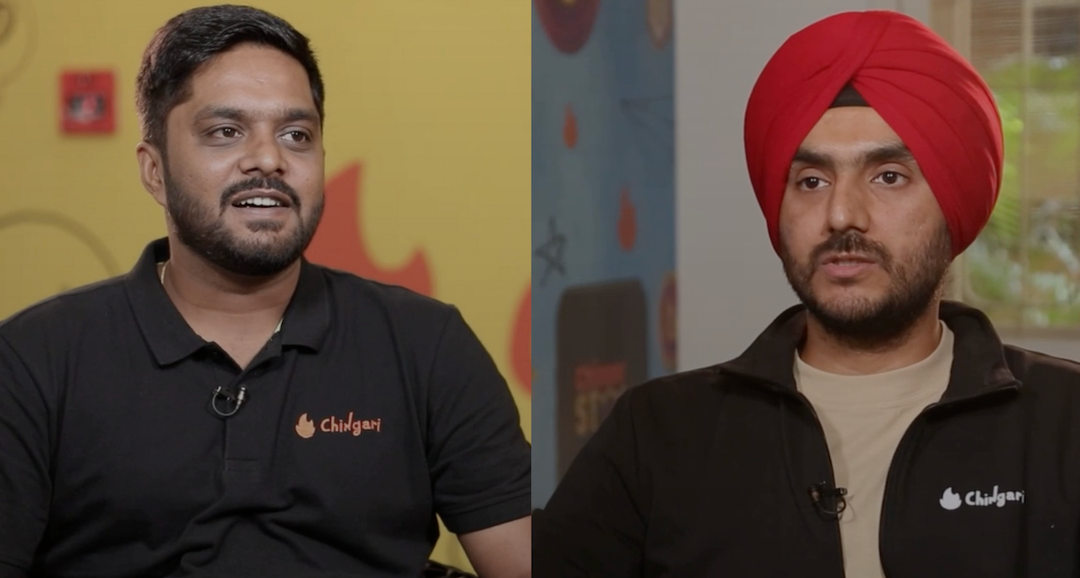Transcript
Being a digital champion is obviously it's a tremendous honor and we are very thankful to DataStax for that. But also it affirms that the efforts which our team has put in, in order to build out a social application which is changing the life of lot of social media users.
Creators are actually the key component of a social media application. Without creators, nothing can happen, right? We have acquired over 175 million users so far. In Chingari right now, the users can not only create a short form content, but also they can go on the live streams, audio stream, create a long form content and do a lot of stuff.
And as a Web3 application, the true potential of the platform is that the incentivization which happens to the end Chingari creators or the users, right? That's truly decentralized.
At Chingari we also have to work with lot of data. We have to work on the recommendation engine like creating a personal experience in terms of the content which should be surfaced to the user. Working out with the data on the real-time is pretty important.
We have created an algorithm that identifies the contribution of the user to the growth of the platform. Now, to calculate that contribution in real time, it's pretty challenging because the user can do any activity, they can like, they can comment, they can watch video, they can be on the live stream, they can listen.
Here at Chingari, we reward the users based on their contribution to the Changari platform, right? So if I talk about contributions for a social media app, it's liking a video, commenting on a video, listening to audio room, streaming live video and so on, right?
And if you just imagine the scale that if I scale off all these activities, they go in billions a day, right? And we have peaks where we have a real-time recommendation system that is built where, let's say, as soon as user comes on Chingari app, by the time they have watched two or three videos, our recommendation system comes in, and it has to be that fast.
We should be able to figure out from first two or three videos that what are their likes, dislikes and so on. If I go to the other side where let's say the creator, they upload videos, right? And we have to process that very quickly as well and make it kind of figure out if this video is a dance video or a comedy video, if this is a really premium video shot with a really good camera and so on. And make it available to the users again as soon as possible, right?
This again is done via a lot of machine learning models in terms of developer productivity, right.
Since we have kind of onboarded with DataStax, we never had to worry about, let's say, oh, there is a lot of traffic coming in and our database CPU is going high and we kind of did our calculations. And we suspected that within a threw year period, we'll save about 70% of the cost if we kind of had gone with other databases and so on compared to DataStax. So that's a big number. Astra is going to be very heavily integrated with Chingari. We have recently moved our mining and rewards program completely to Astra DB recommendation system for audio and live rooms, which needs a Vector search. That's a new feature that Astra is coming in, and we are exploring that.





